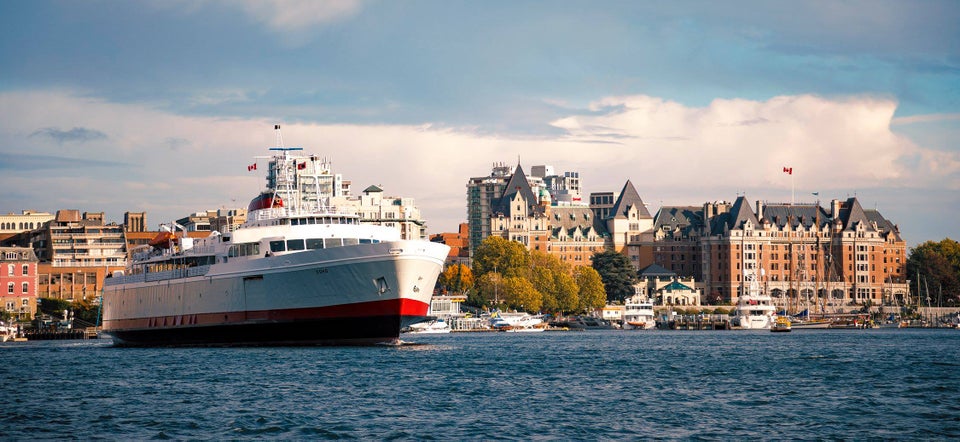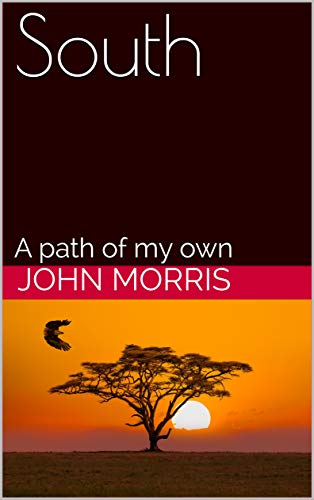Most people we meet react positively when they hear our story. When we tell them that we live free and disconnected, traveling where and when we want, they respond with things like “You’re so lucky.” or “We wish we could do that.” We’d never had a negative response to our story — until we told it to an immigration officer when we tried to enter Canada.
We entered Canada by taking the ferry from Port Angeles to Victoria. After we drove off the ferry, we — like everyone else on the boat — including a six-member Asian motorcycle gang — had to submit to an interview with a Canadian immigration officer at what looked like a toll booth you passed through as you drove off the dock. We told our story to the immigration officer: We’re driving around the United States and (we hope) Canada doing as we please. That got us directed to a parking place over to the side where we were subjected to more intensive questioning by a more senior immigration officer. It turns out that officials in Canada are not that enthusiastic about people living like we do. They want you to have an address, have a home, make mortgage payments, receive junk mail, mow your lawn, raise two children. We’re not doing any of those things. That made us the kind of people that Canada doesn’t welcome so readily. The questioning was such that we felt that had we been crossing the border with small children, they would have been taken away from us and held in cages inside an abandoned Walmart store. After a lot more questions, the immigration officer seemed to conclude that, in spite of our irresponsible ways, we were not the kind of people likely to cause much trouble while traveling around Canada. But before letting us go, she said this:
“I’m going to go into my office and run criminal background checks on the two of you. When I do, is anything going to come up?”
To which I replied:
“This would be convictions only. Right? Not all of those bogus arrests?”
She then went into her office and ran criminal background checks on us both. When she came back out, she told us that both of us had come up clean. (The Canadian criminal background check system clearly suffers from some serious glitches.) We were then released into Canada where we did not cause any trouble in spite of several temptations.
Canada – or Canadia, as I prefer to call it – is, not surprisingly, the least foreign foreign country we’ve ever visited. It looks, smells, and tastes like the United States. But you do have to stay alert to the differences. We bought a Canadian phone to avoid being charged by AT&T each day for our American phones as if we were roaming the globe and streaming video games all day long in Thailand. We got to meet a Royal Canadian Mounted Police officer after we made a u-turn that would have been perfectly legal in the U.S. On our first day in a grocery store, we asked the nice woman behind the counter for three-quarters of a pound of salmon only to run straight into the metric system. Speeds in kilometers per hour and gas in liters. Tim Hortons instead of Starbucks. Currency made out of plastic instead of cotton and linen. The occasional credit card glitch and baffling parking meters. Surprisingly good pastries and surprisingly bad hamburgers. (The French influence may account for both.)
Canadia. Our (sometimes) welcoming neighbor to the north.


